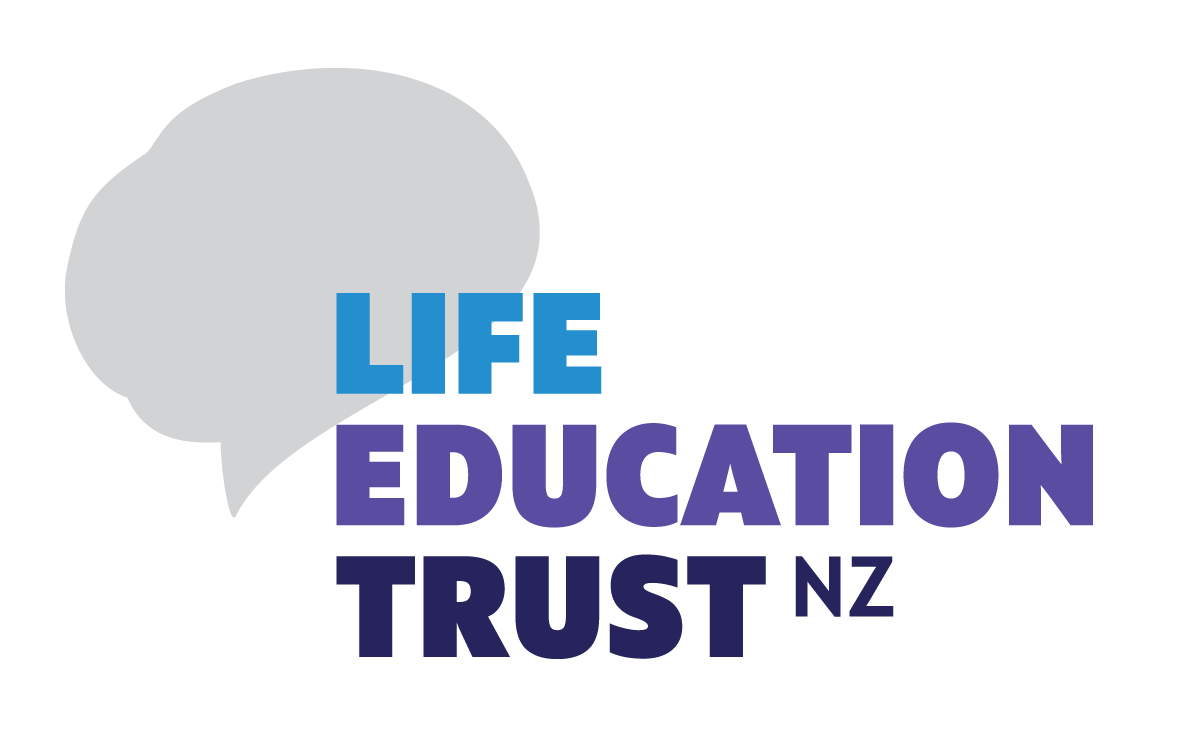Citizenship
What is a citizen?
The dictionary definition of a citizen is someone who is legally recognised as a subject of a nation or country. Another common definition, however, is someone who lives in a particular city or area (for example, ‘citizens of Auckland’). The concept of citizenship can also extend to the groups and organisations that we belong to; such as our school, our family, our culture and heritage, and even the clubs that we join.
Why is citizenship important?
Being part of a group can protect and guide us through our lives, by giving us the rights and privileges of that group. For example:
- Free dental care until the age of 18 for New Zealand citizens and permanent residents (and some other circumstances) Lower bus and train fares for students Special parking spaces for disabled drivers
- We become members of various groups through our lives, and we gain aspects of our identity from each one.
- For example, we may belong to a different cultural group to our neighbours; giving us abilities to speak a different language, to enjoy different foods, and perhaps understand a special set of values.
- Or, being part of a sports club may help us to experience and practice the concepts of fair play and good sportsmanship.
Although we benefit in many ways from the groups we belong to, we also have responsibilities. For example, if an able-bodied person parks in a disabled carpark, it will disadvantage a disabled person who may have difficulty walking from a park further away.
It is our responsibility to use empathy and respect, and to look after our fellow citizens - just as they are responsible for looking after us.
More ways to be a citizen
Global Citizenship
Global Citizenship is the term we use when we think about how we are part of the community of the Earth. Communication is almost instant across the whole world now, so we are aware of events that happen (for example, natural disasters and humanitarian crises), and our ability to respond and help is also greater. Working together will be the most effective way to make a long term solution for the environmental and social challenges that our planet faces.
We can also be a Global Citizen in small, everyday ways. We can:
- Reduce: buy or use only what we need
- Reuse: donate used clothes, household goods etc. to organisations who can use them
- Recycle: clean and recycle plastic, glass, paper etc., instead of placing in the landfill
Digital Citizenship
Digital Citizenship is how we describe the way in which we behave when we are online and taking part in the digital world. There are several elements to becoming a good Digital Citizen, including:
- Being able to confidently and capably use technology
- Being aware of the risks and benefits of being online
- Being honest and respectful of others at all times
- Using and developing critical thinking skills
- Understanding how to protect our own online privacy, and that of others
We also need to be aware of other important issues, such as copyright laws and digital security. It is important to know what is legal to copy and share, and what is not. We also need to know how to protect ourselves against viruses and malware intended to disable devices and/or steal or destroy information.
How can I be a good citizen?
Societies work best if all citizens participate and work to make them better. This is called ‘Active Citizenship’.
There are many ways to do this. Perhaps it could be participating in a survey for our local council on a new playground, or by voting for who will be on the School Council. Without (respectful) feedback and opinions, our school, local council, or national government will not be able to fully represent all of its citizens - meaning us!
We can also shape our society by becoming part of a group. Planting trees for Forest and Bird, volunteering at the SPCA, or delivering leaflets for our school gala or fair are all practical ways to make a positive difference.
There are many informal ways of making our society and community better, too. Collecting mail for a neighbour who is away, or picking up a dropped item for an elderly person on the street are examples of small actions that help us connect and strengthen our bonds with each other. These are examples of Local Citizenship. All these things help to build our future, and the future of our community.
Now you have read the Fact Sheet give Harold's Quiz a try!
Download PDF Back to resources
